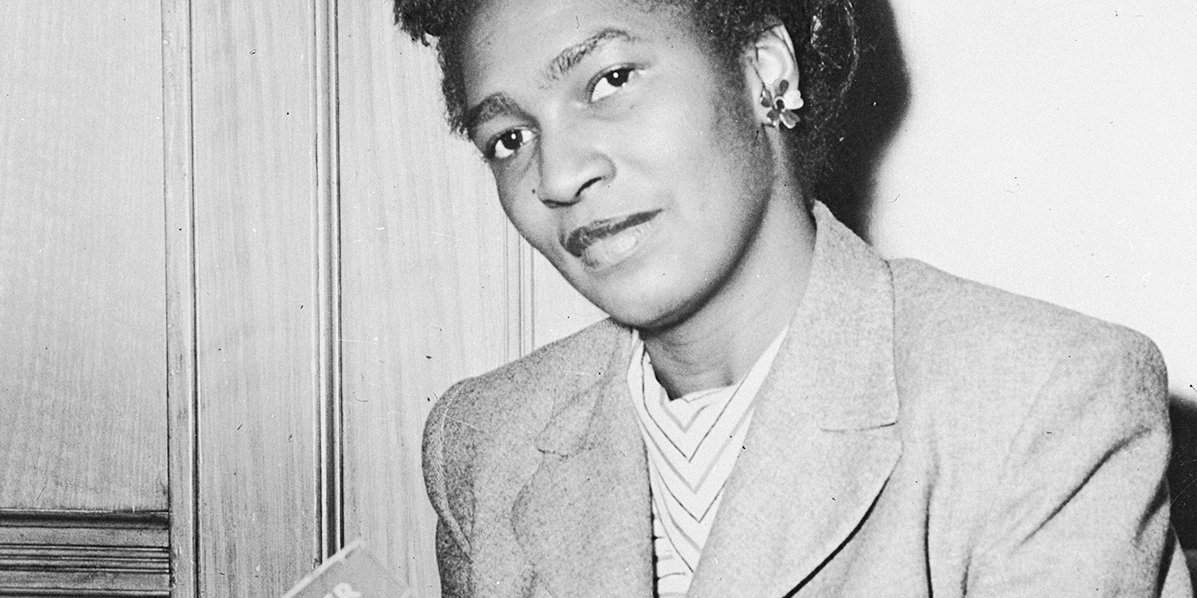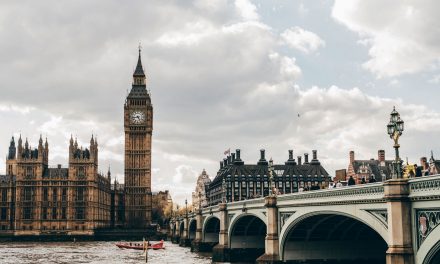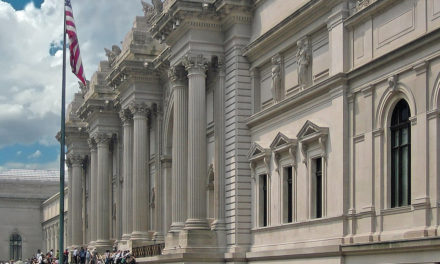Since 1987, October has been reserved as almost a holy month for Black British citizens. With Black history in the United Kingdom spanning centuries, a vast majority of people – particularly women – are left in the forgotten pages of history.
This Black History Month, we will be honouring these five women:
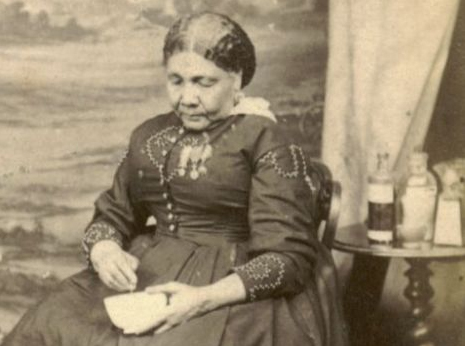
- Mary Seacole (1805 – 1881)
Undoubtedly one of the most remarkable women in UK history is none other than Jamaican-born Mary Seacole.
Unlike her white counterpart, Seacole has not enjoyed the same level of recognition as Florence Nightingale. However, in 2004 she was voted as the greatest Black Briton and her statue can be seen at St Thomas’ Hospital.
Seacole was an established nurse. After the Crimean War broke out in 1853, she applied to the war office but unfortunately was refused. Incredibly, Seacole took it upon herself to travel to the battlefield where she set up her own facilities to tend to soldiers who were brutally wounded.
Mary often put her own life at risk to look after the wounded, sometimes even travelling on horseback when under extraordinary risk. After the war, many soldiers raised awareness of her work in Crimea and raised money for her efforts.
- Olive Morris (1952 – 1979)
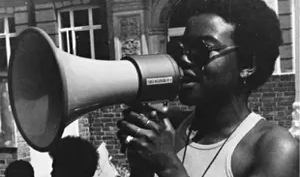
This community leader and activist leaves behind a legacy steeped in the struggle for liberation. Olive Morris was the founding member of both the Brixton Black Women’s Group and the Organisation of Women of African and Asian descent.
However, Morris’ impact went beyond that. One day, after witnessing police officers beating up a Black man for no reason, Morris stepped up and tried to stop the assault. The police turned on her instead, beating her black and blue. Her commitment to her community is a testament of who Morris was – someone who fought against injustice, no matter the consequences.
While she died at the young age of 27, Olive Morris remains one of the most crucial figures in Black British history. She is a reminder of what previous generations had to endure in a country hostile to them.
- Margaret Busby (1944 – present)
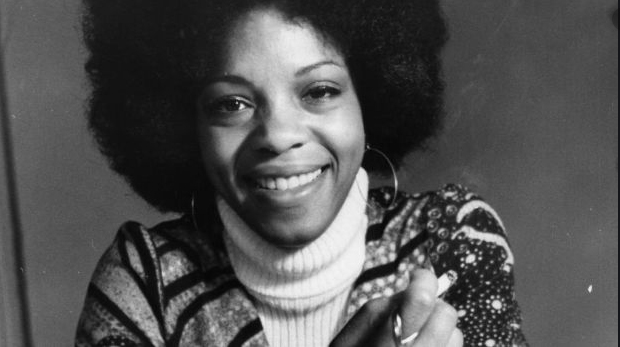
Publisher. Editor. Writer. Broadcaster. Undeniably, Margaret Busby is one of the most influential figures in the United Kingdom. She was the first – and youngest – Black female book publisher, an enormous feat at the time.
Alongside Clive Allison, Busby co-founded publishing house Allison & Busby. Importantly, Busby championed diversity throughout her long career and has been instrumental in bringing many new voices to the forefront, when they may have otherwise been ignored.
Busby was also a founding member of the organisation Greater Access to Publishing (GAP) which strived to amplify black representation in the publishing world.
- Mary Prince (1788 – 1833)
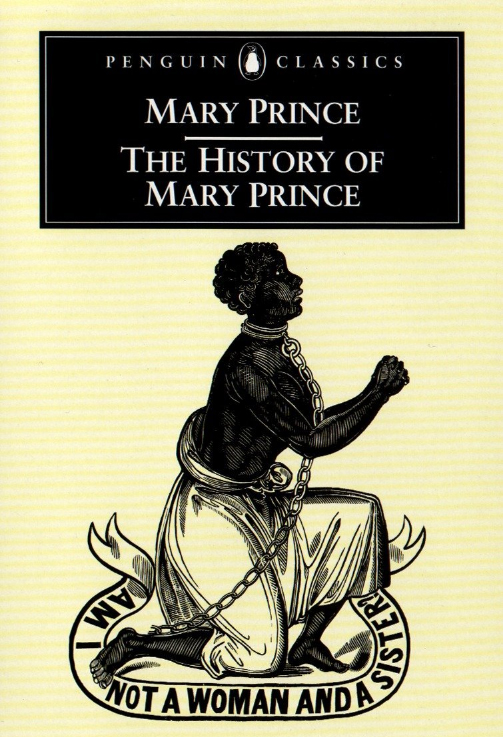
Born to an enslaved family, Mary Prince grew up to become a leading abolitionist in the United Kingdom. Prince was born in Bermuda and brought by her ‘masters’ to Britain. Once there, Prince left quite the impression.
She became the first Black person to petition government for her freedom. Although she was refused, shortly afterwards Prince documented her life as a slave and published her autobiography, becoming the first account of the life of a Black woman in the country. It was incredibly popular, especially as anti-slavery movements began to grow in Britain and was even reprinted twice in its first year.
Today, Mary Prince is remembered as a woman of courage and tenacity. However, not much is known about her death or whether she ever returned to her home.
- Claudia Jones (1915 – 1964)
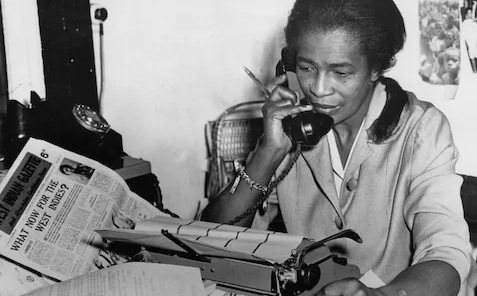
While Claudia Jones was not British, her long-lasting impact on the country cannot – and should not – be ignored.
Born in Trinidad and raised in the United States, Jones moved to the United Kingdom after being deported from the US. She was a plethora of things, importantly she was a radical activist and feminist who campaigned heavily for civil rights.
When she arrived in the UK, Jones founded the West Indian Gazette – Britain’s first ever major Black newspaper.
However, her biggest contribution to Black British culture is the annual Notting Hill Carnival. After the 1958 Notting Hill race riots, Jones and other members of the community wanted to create some positive in its place. They held multiple indoor Carnivals to celebrate Caribbean culture, a precursor to Notting Hill Carnival – today, one of the world’s largest street festivals.
Main photo credit: New Statesman
- This Artist is Making the Underwater Arena His Canvas - 28th April 2021
- A Video Game that Promotes Peace and Conflict Resolution - 15th March 2021
- Netflix’s ‘Living Undocumented’ is a Difficult Series to Watch, and Exactly Why We Should - 9th March 2021

